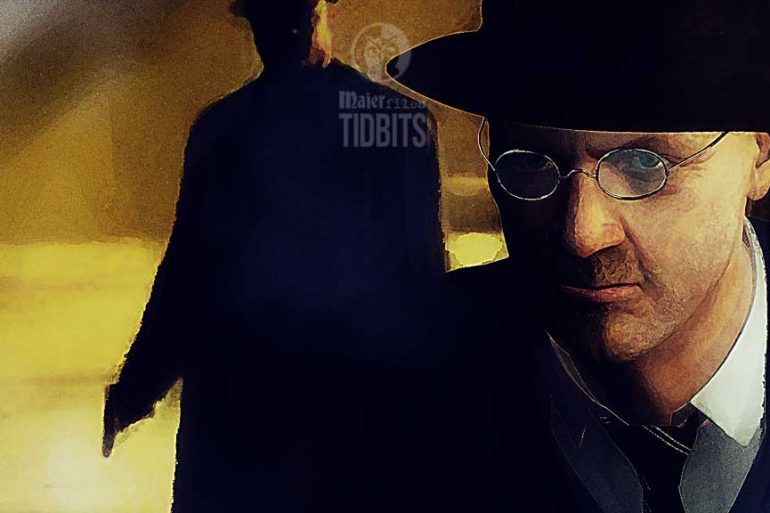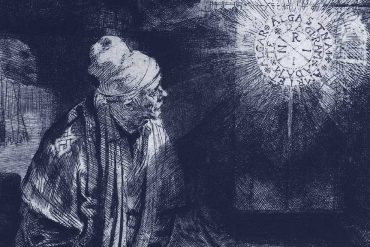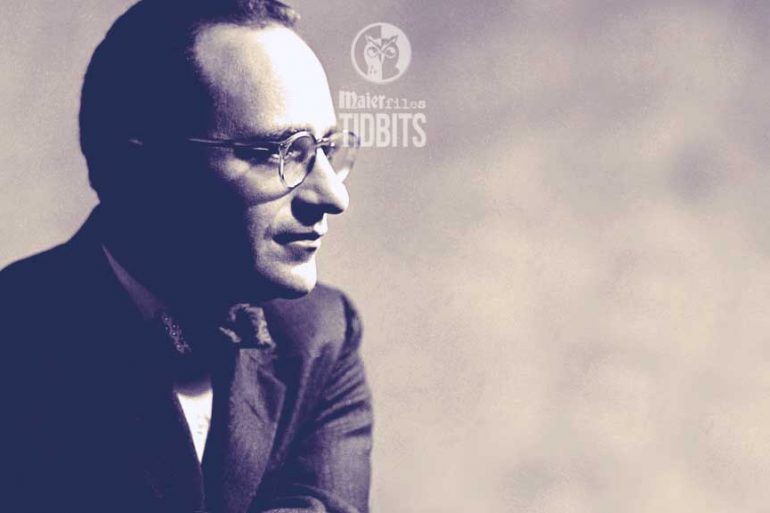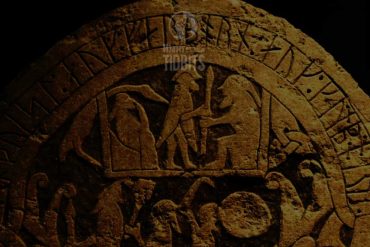The short book called The Kybalion, published in 1908, is probably the most popular and, probably, most important occult work of the twentieth century. The book is rivaled in significance only by a much longer and very different work, Manly P. Hall’s magisterial encyclopedia arcana, The Secret Teachings of All Ages, which appeared twenty years later. The landscape of mythical and esoteric philosophies that the scholar Hall curated, illustrated, and documented in his volume are, in a sense, distilled...
Philosophy
Everything on philosophy related to Maier files series. Posts and Thoughts examining existence, change, properties, space, time, causality, and possibility.
In almost all myths all over the world the same theme reoccurs. The twelve knights, twelve tribes, twelve heroes etc. In his last and longest dialogue (Laws), Plato teaches: There are twelve feasts to the twelve Gods who give their names to the twelve tribes. Also in early christianity, the image of twelve disciples with the Godman figure at their center echoes the twelve constellations which revolve in the heavens around the pole star. Are...
Gelegentlich ergreifen wir die Feder and schreiben Zeichen auf ein weisses Blatt, Die sagen dies and das, es kennt sie jeder, Es ist ein Spiel, das seine Regeln hat. —Hermann Hesse. Das Glasperlenspiel From time to time we take our pen in hand and scribble symbols on a blank white sheet. Their meaning is at everyone’s command; It is a game whose rules are nice and neat. —Hermann Hesse, The Glass Bead Game, When Hermann...
The secret teachings of Goethe. That Johann Wolfgang von Goethe (1749-1832), Germany’s greatest poet, had an interest in the occult and alchemy is clear from Faust. Based on an historical character, the original Faust legend goes back to medieval times and prior to Goethe‘s there were earlier dramatic renditions of the tale, notably Christopher Marlowe’s. Yet it is to Goethe’s Faust (Part I 1808; Part II 1833) that most of us turn when we think...
Before the eighteenth century, people crudely measured time. Galileo used his own pulse as a measure. Today, our atomic clocks can measure a time interval as small as one-millionth of a second. (Though we have a word for one-trillionth of a second— pico second —we still have no way of accurately measuring it.) But no matter how finely calibrated our clocks are, they are always measuring something discrete—an interval, a repeating signal, a duration between...
With unflinching gaze and uncompromising intensity Julius Evola analyzes the spiritual and cultural malaise at the heart of Western civilization and all that passes for progress in the modern world. As a gadfly, Evola spares no one and nothing in his survey of what we have lost and where we are headed. At turns prophetic and provocative, Revolt against the Modern World outlines a profound metaphysics of history and demonstrates how and why we have...
In the annals of history, obscured by the veil of secrecy, an enigmatic struggle persists—a clandestine war that transcends the superficial causes and known leaders. Evola, in a thought-provoking essay, delves into this concealed conflict, unraveling a three-dimensional conception of history. This article seeks to unravel the depths of Evola’ discourse, exploring the metaphysical nature of the war, scrutinizing the entities involved, and dissecting the nuanced tactics employed by the covert forces. Understanding the Subterranean...
If we knew how the words in our native language were made and what they have meant to successive generations of the men and women who have used them, we should have a new and very interesting kind of history to read. For words, like all other creations of man, were not deliberately manufactured to meet a need, as are the various parts of a bicycle or of an automobile; but grew gradually and slowly...













